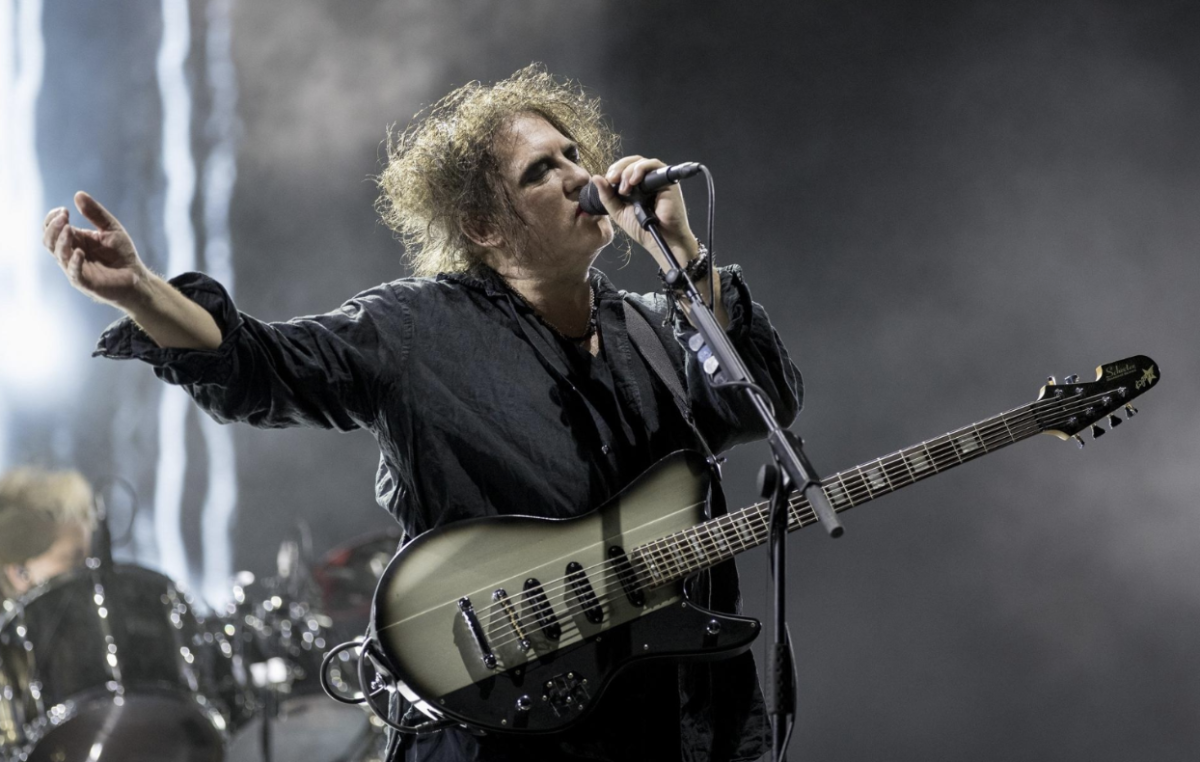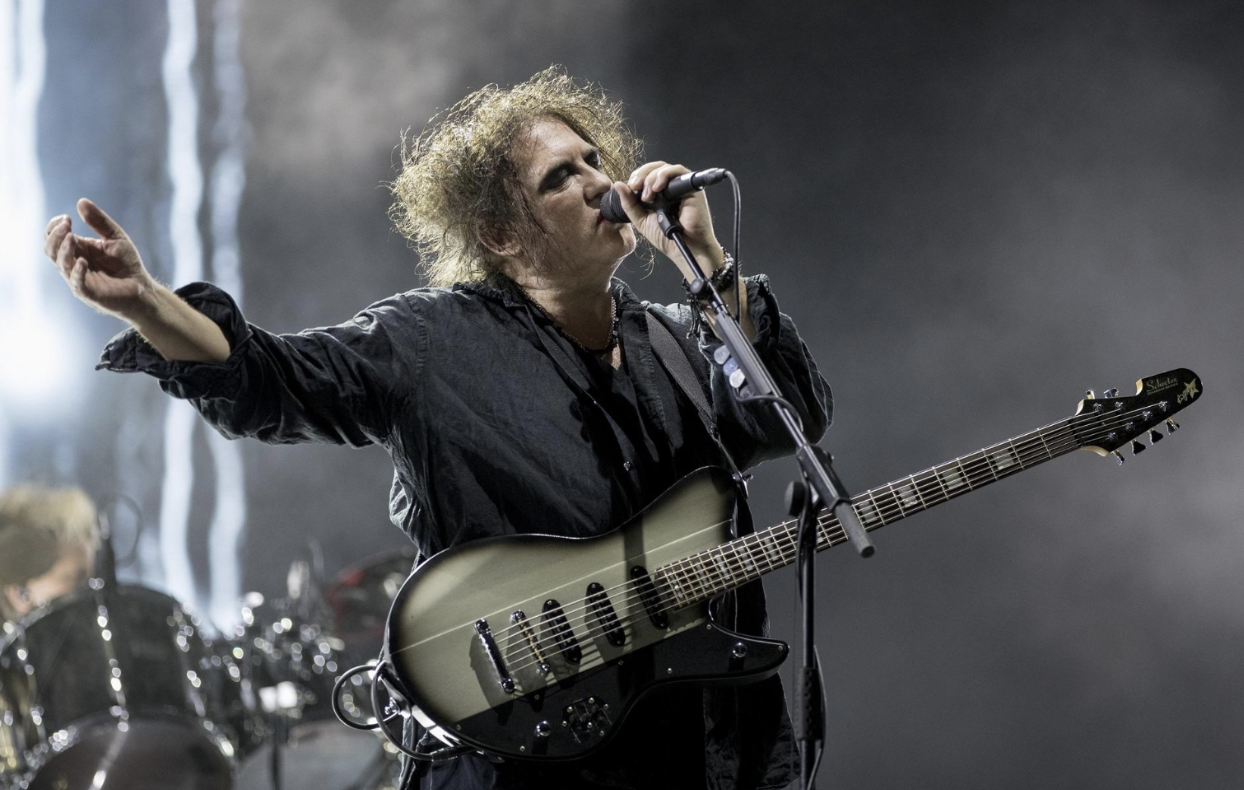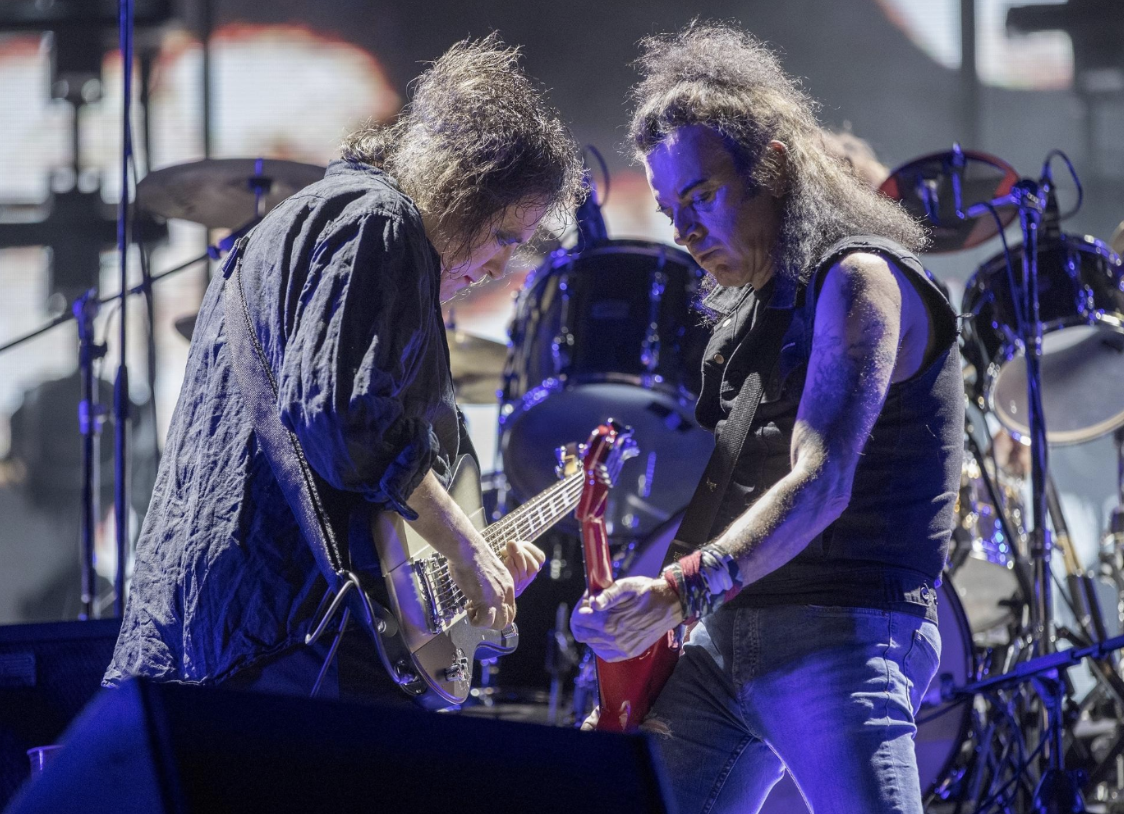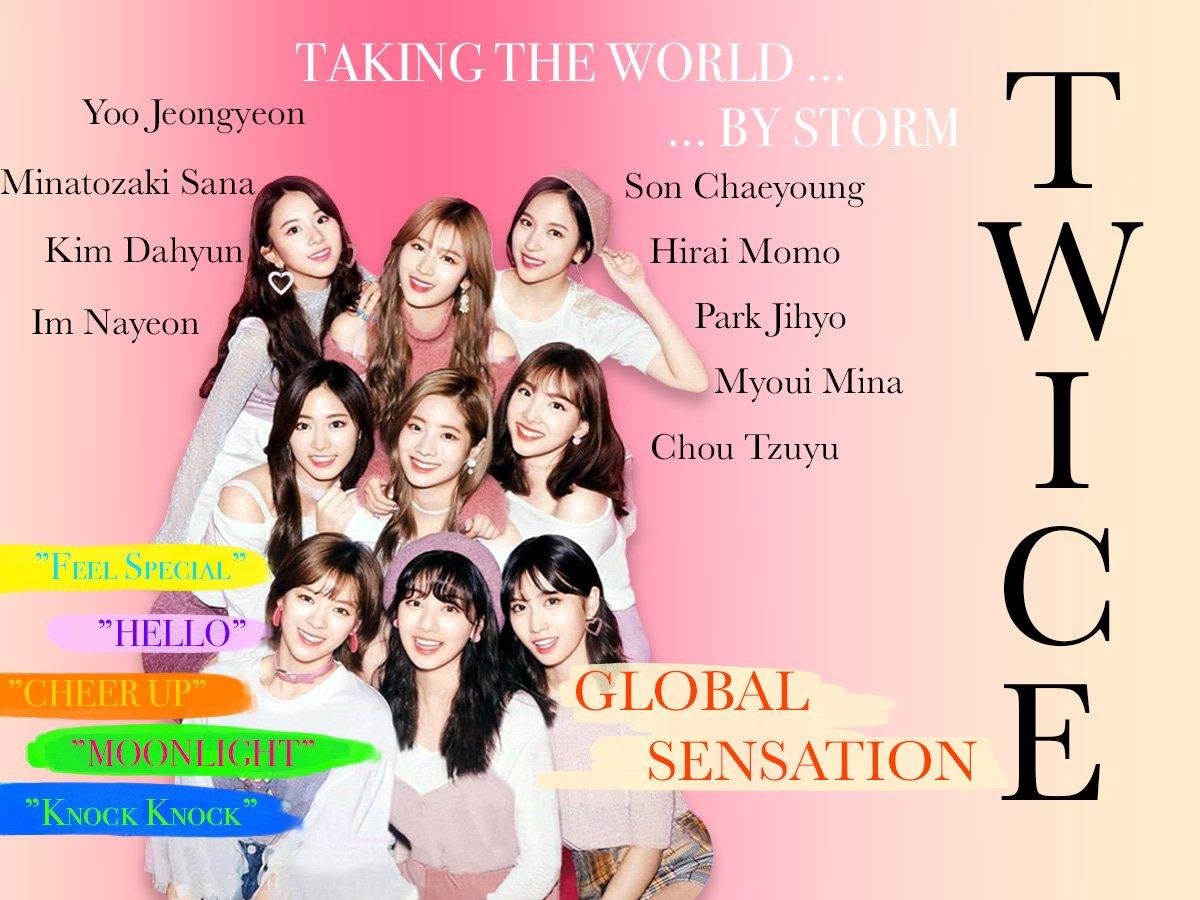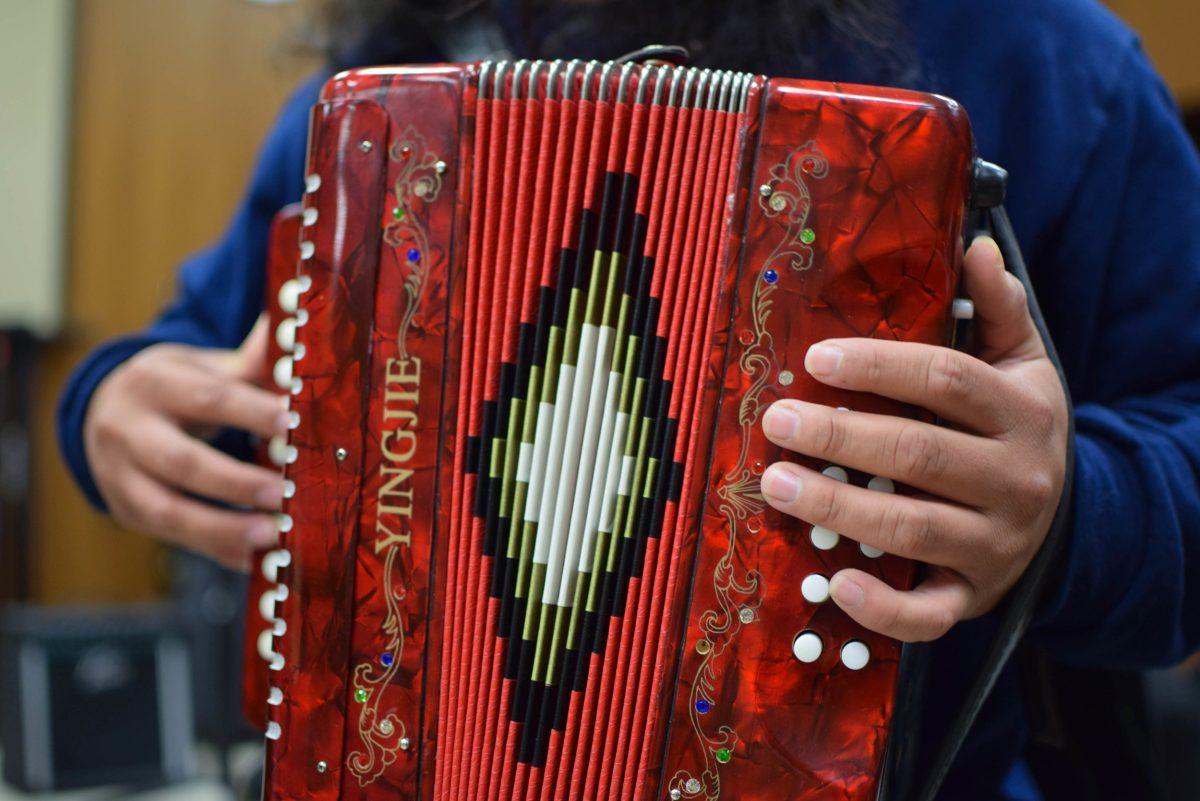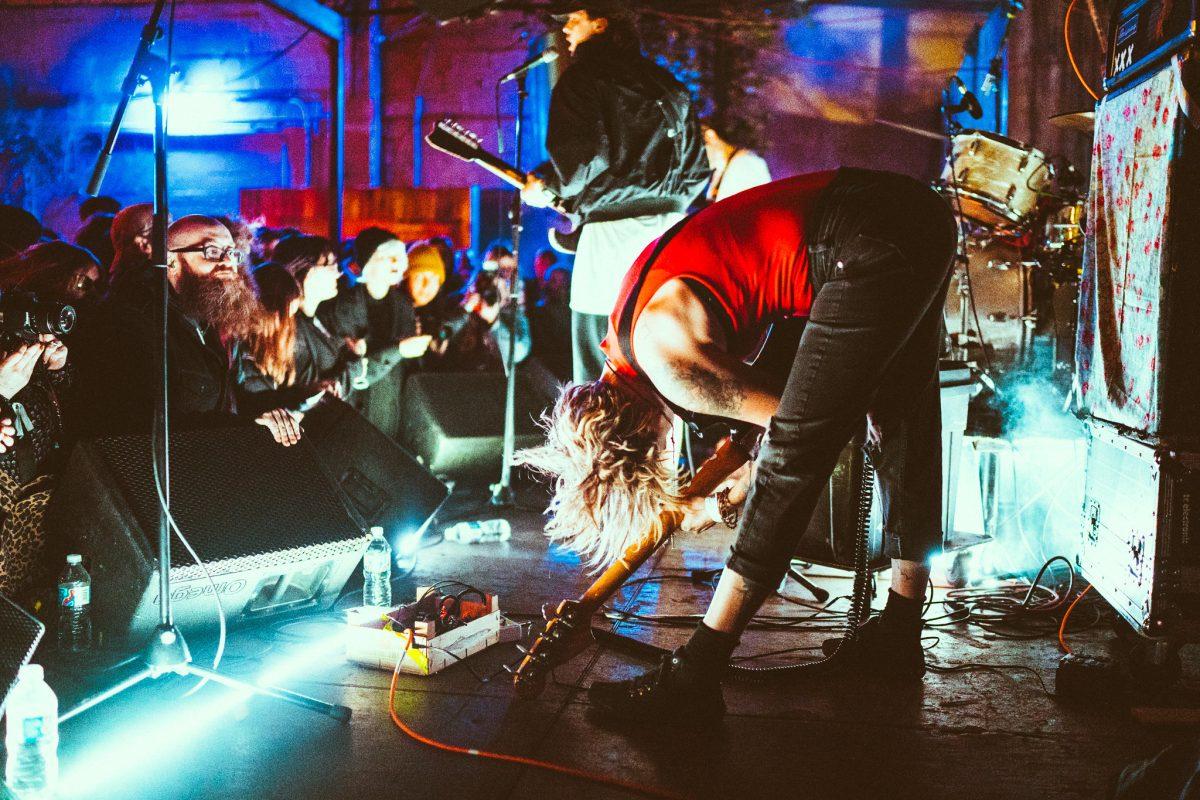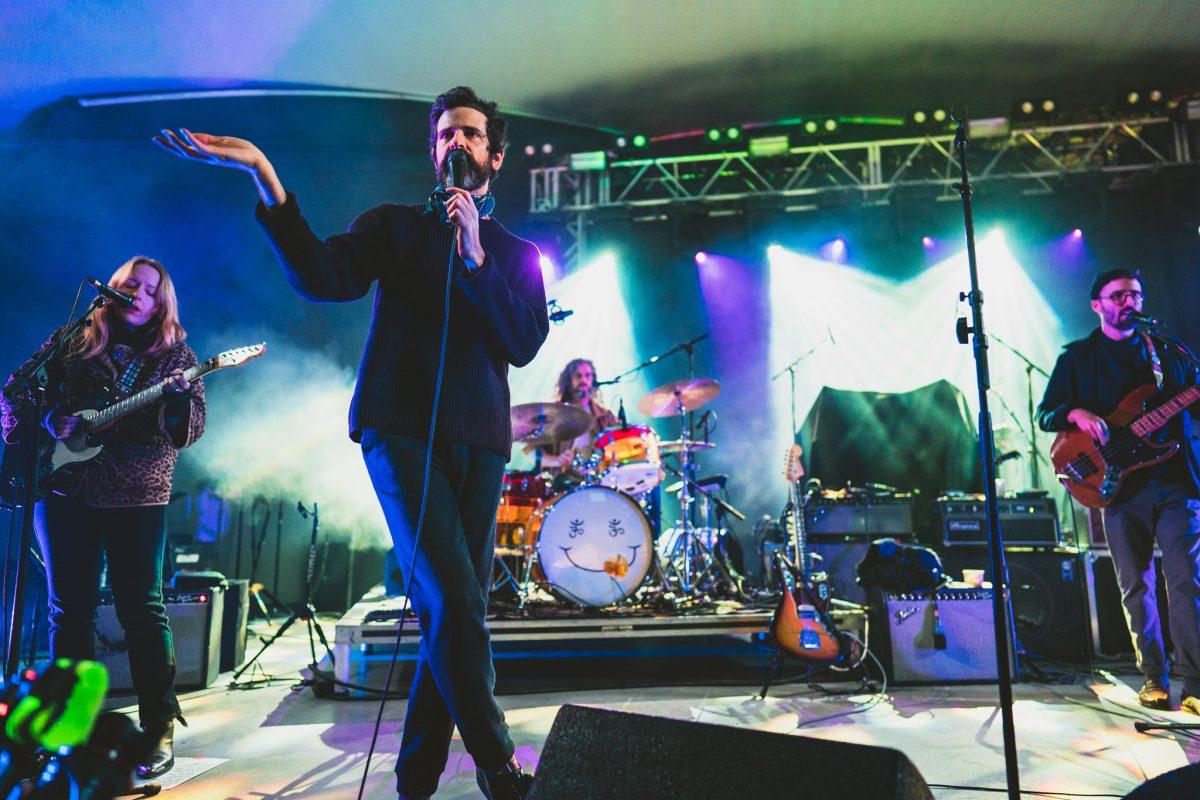Headlining the Honda stage the first Saturday of Austin City Limits, Robert Smith and company celebrated 40 years of guitar magic.
Story by Carys Anderson
Photos courtesy of Jay Janner
The Cure are having another moment in pop culture. In 2019 they’ve celebrated the 40th anniversary of their debut record, Three Imaginary Boys, the 30th anniversary of their magnum opus, Disintegration, as well as their induction into the Rock and Roll Hall of Fame. All this hubbub – plus rumblings of a new album hopefully released this year – brought the legendary alternative band to the Austin City Limits.
The sweeping grandeur of opener “Plainsong” set the tone for the evening. As the band played the instrumental beginnings of the Disintegration track, frontman Smith emerged slowly, traipsing from one end of the stage to the other, to massive applause. It was a perfect display of the sonic beauty and melodrama that have come to define the band.
The next two hours explored The Cure’s vast catalogue and, from it, their ability to craft a crowd-pleasing setlist. They may be known as a goth band, but Smith’s pop sensibility is what broke the British rockers in America, and he doesn’t shy away from it today. In fact, it’s the reason he’s detested the goth characterization for decades. Fan favorites “In Between Days” and “Just Like Heaven” marked the set’s halfway point, while the equally syrupy “Friday I’m In Love” and “Close to Me” filled out the encore.
Around the concise pop numbers came the longer, darker meditations. It was here that the band’s loud, measured playing shone. 40 years into their career, The Cure aren’t phoning it in. In fact, Smith’s voice is as strong and emotive as ever. And bassist Simon Gallup galloped across the stage as he delivered the anchoring, melodic bass lines so essential to the band’s sound.
Saturday’s set paid special attention to anniversary album Disintegration (1989), but they acknowledged the music that became that sprawling statement as well. You got the sense the band is attuned to what songs people want to hear. For the melancholy, there was “A Night Like This” and “Play for Today” – you could even hear the crowd singing along to the synthesizer in the latter. And for the contented, they offered the sunny guitars of “Push” and the dance-y synthesized horns of “Why Can’t I Be You?”
The band slowed some songs down a bit, likely to improve precision, but the time change worked to gel the set into one grand soundscape. The only real casualty was “Fascination Street,” which lost a bit of urgency, but The Cure’s sound is so multi-faceted that jumping around to the tempo of each era might have met the set distractingly disjointed anyway.
Smith’s melodrama reappeared at the onset of the encore, when he mumbled something to the crowd for the first time of the night and then promptly retracted his words.
“This is why I don’t talk, and why I’m going to shut up and we’ll just play a few more songs,” he said.
If Smith is “fucking mad,” as he put it before returning to the music, no one seemed to mind. Plus, his sweet songs, and the little jig he’d dance when he’d perform them, proved he’s not all doom and gloom. The band ended their marathon show with “Boys Don’t Cry,” a throwback to the single that started it all in 1979. As the drums snapped with the now-iconic soaring guitar line, the goths rejoiced once more.
“See you again next year,” Smith said, before correcting himself: “See you again next WEEK!”
But The Cure would have no problem playing Zilker in 2020; if they sound this good after 40 years, what’s one more?































